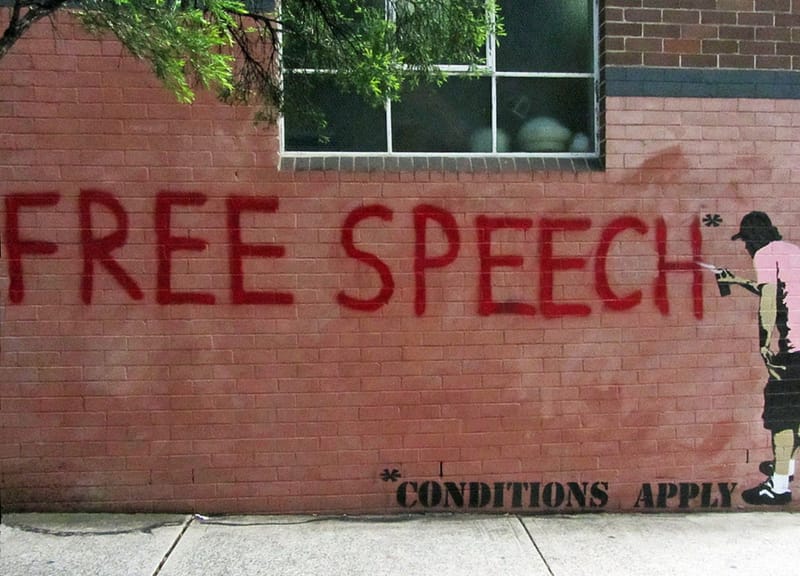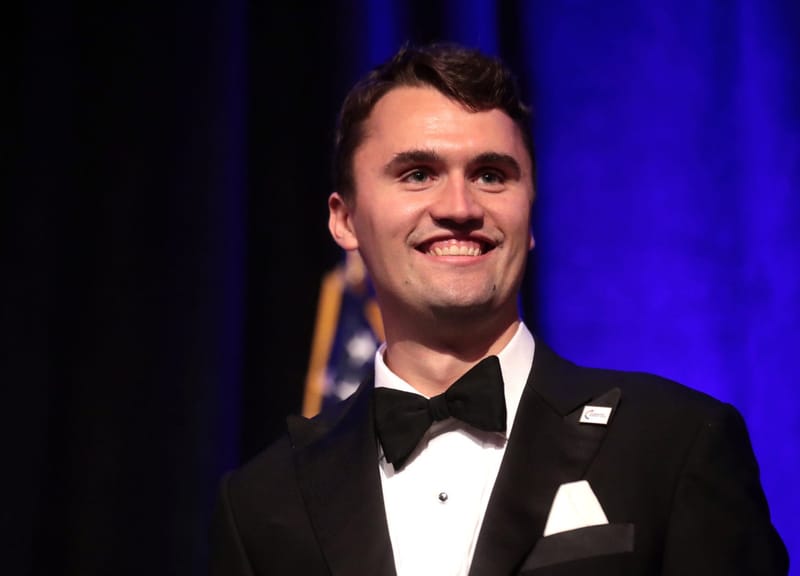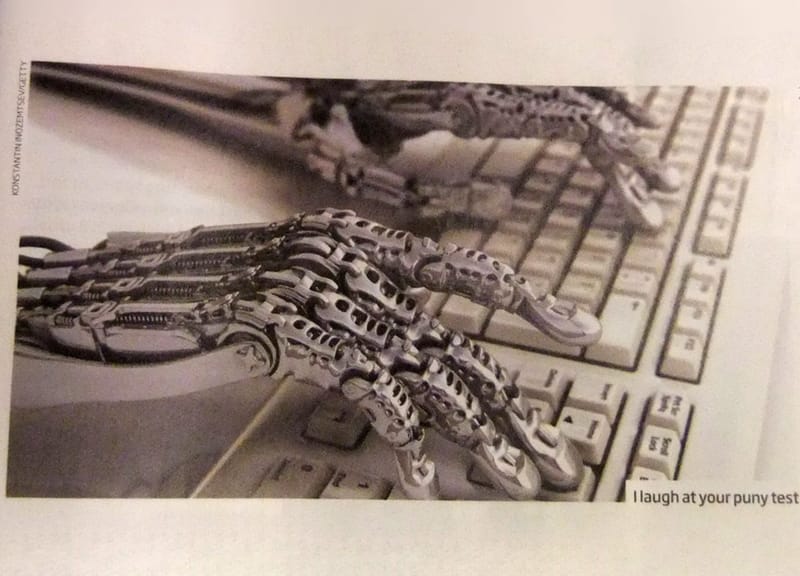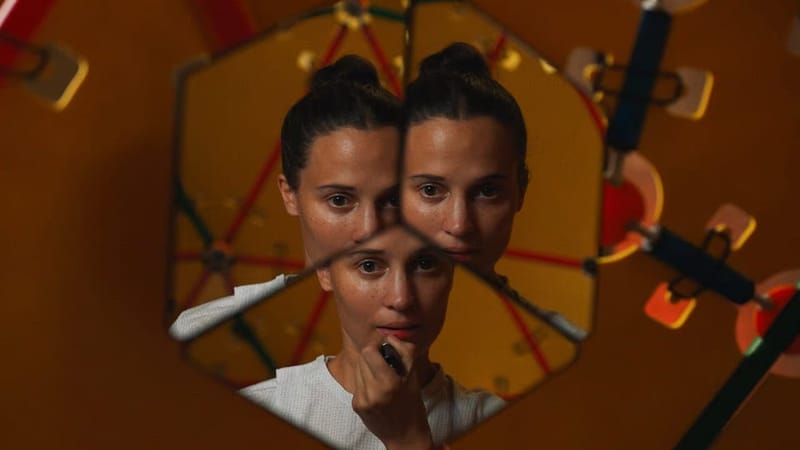An Uncanny End
There is no precedence for the state of the world
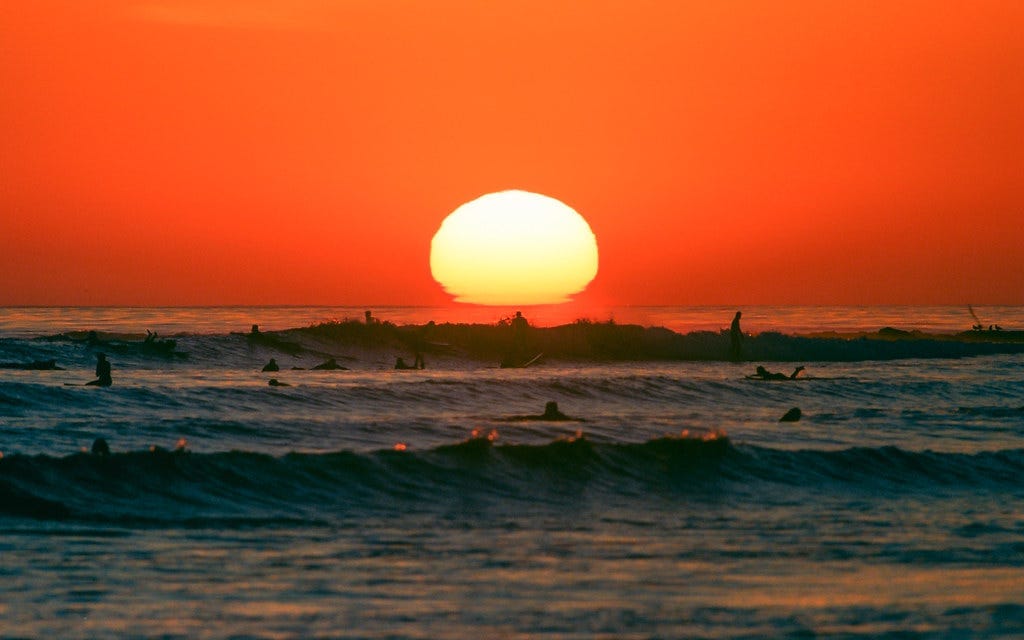
This week, Syrian rebels have captured Aleppo as unrest sweeps the country; Georgians are clashing with police, protesting the government’s decision to delay the nation’s bid for EU membership; the French government faces a vote of no confidence; and, just hours ago, South Korea declared martial law.
And, while all of this was going on—and it really is the tip of the iceberg— do you know which articles Guardian readers are spending the most time on? Stories about football stars, Kate Winslet’s comments on body-shaming she suffered in the 90s, and a retired police dog.
Reading the news these days often feels uncanny. Whether it’s minute analysis of party politics which inflates the perceived power of political actors as their lack of imagination collapses the Overton window, or entire sections still devoted to sport, the “news” often feels surreal, like it’s detached from reality, floating through space and time, its echo chamber reverberating back at the present, creating the illusion that what once was still is.
I taught media literacy briefly in London. I remember showing to my students a cutting of an editorial written in the late 1930s by Germany’s top Jewish publication in which the opinion of the magazine was the threats of Hitler’s rising star were empty; there was no precedent for him to act on them. Therefore, the editors argued, there was nothing to fear.
As I write this, BBC journalists are interviewing political analysts asking about the precedents that may help us understand South Korea declaring martial law. The analysts are warning that there is no precedent for this case because the law was declared by a civilian—the President.
I remember one of my philosophy professors talking about “the end of history” a decade ago, a concept which suggests history is a progressive evolution of the human social system. For Hegel, it meant the realisation of a perfectly rational state. For Marx, it meant global communism. For the political scientist Fukuyama writing in the 90s, it meant the installation of liberal democracies in every government in the world.
It seems they were all right that history would, indeed, end. However, it looks like they got it wrong that it would end with the culmination of linear social progress towards global liberation.
There is no historical precedent for the state of the world today. We are facing down the barrel of the planet’s own instability while governments collapse and the press is mostly either muzzled or limp with incompetence.
Can you imagine, when we are all history, how the future will look upon our era? There will be (I hope) endless media literacy classes on how, even after governments declared climate emergencies, the national press still denied reality; there will be books written about how states threw climate protesters in jail at the behest of the industry who weaponised climate disinformation; there will undoubtedly be a documentary showing the real life version of each scene of Don’t Look Up.
They will write how we careered towards the end of the future.
Planet: Critical investigates why the world is in crisis. Support the project today.
